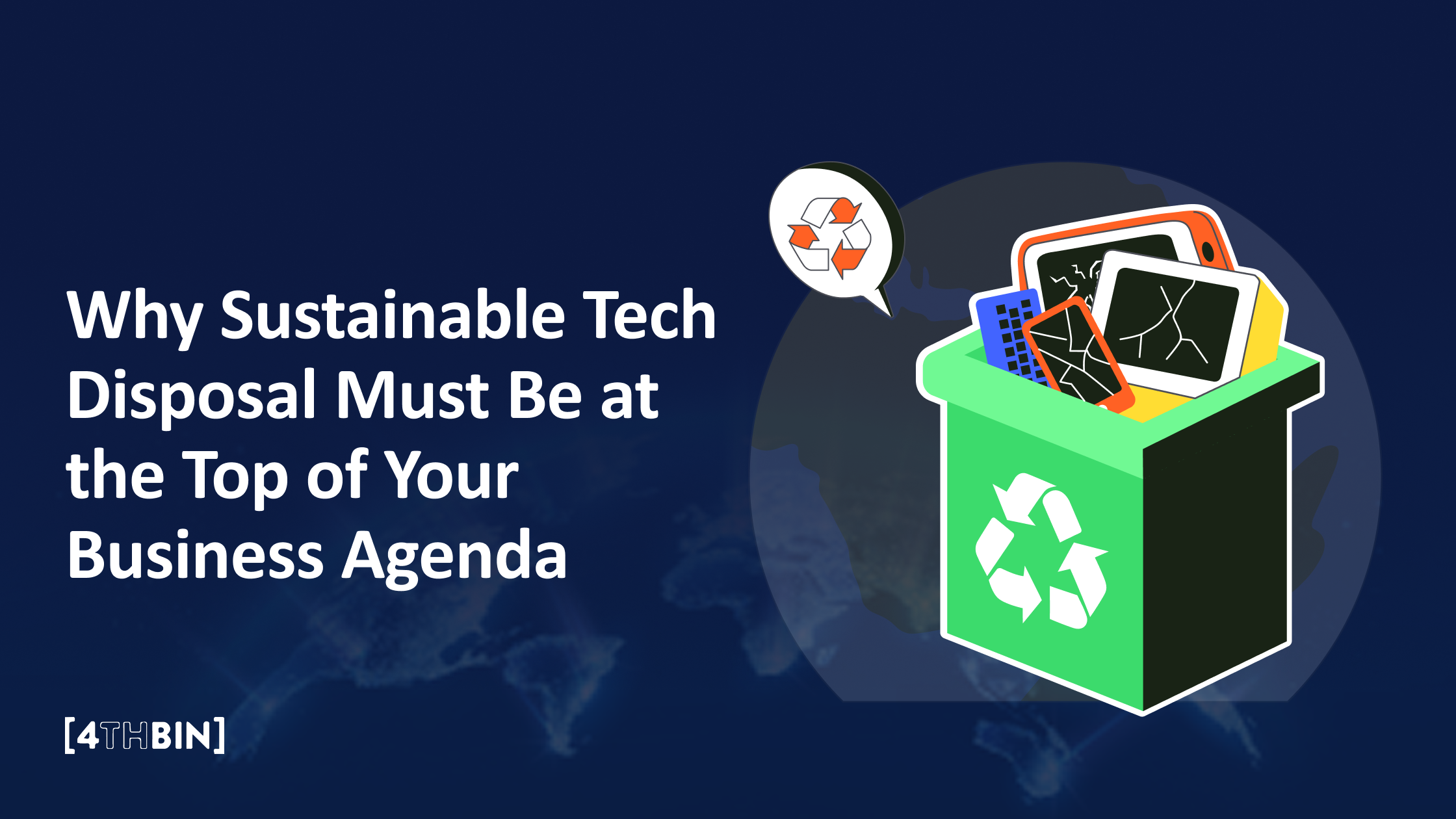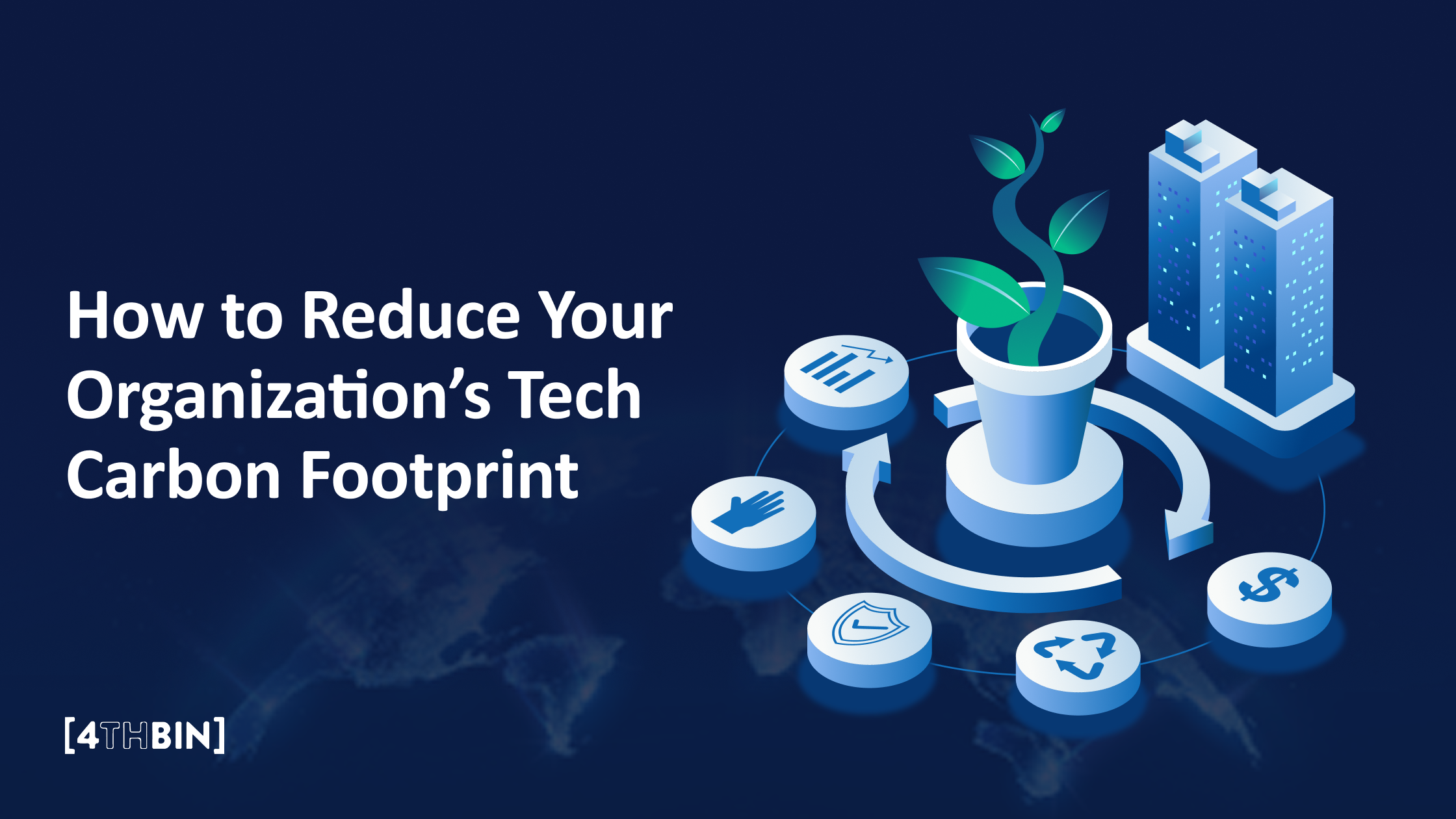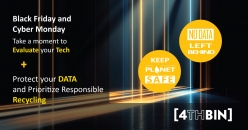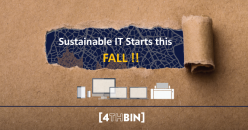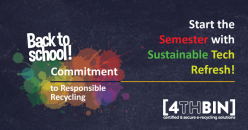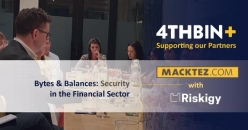The Role of E-Waste Recycling in Building a Sustainable Community
What happens to our community when old electronics are thrown away without care? The impact goes beyond cluttered drawers or landfills. It affects local health, public services, and the environment we all share.
E-waste is growing by 2.6 million metric tons every year. By 2030, global e-waste is expected to reach 82 million metric tons. Behind these numbers are everyday actions—outdated phones, broken computers, or unused cables discarded without a second thought.
When e-waste isn’t recycled properly, communities carry the cost. Harmful materials can leak into soil and water, and sensitive data may be exposed. But with responsible recycling, neighborhoods can reduce risk, protect natural resources, and support local green jobs.
Proper e-waste disposal starts small—at the local level—but its impact reaches far.
The Environmental Impact of E-Waste
Discarded electronics contain many toxic substances, including lead, mercury, cadmium, etc. When dumped in landfills, these materials seep into soil and water, damaging local ecosystems and public health for years.
If not handled with care, a single device can pollute a large area. But this is more than just about local landfills. The environmental cost of poorly managed e-waste is global.
As of 2024, announced advanced recycling projects are estimated to reach up to one million metric tons of annual processing capacity. That is a major step, but still far from enough given the rising volumes.
U.S. federal laws do not yet mandate e-waste recycling. Still, several states—like California, New York, and Washington—have introduced formal laws requiring manufacturers to manage electronics at the end of their life.
These include Extended Producer Responsibility (EPR) policies that place the burden of disposal back on the company that made the device. California’s Electronic Waste Recycling Act was one of the first of its kind, requiring fees at the point of sale to fund proper recycling programs.
In practice, community-led e-waste collection days, local drop-off centers, and educational campaigns have proven more effective than mass campaigns that lack structure. Still, gaps remain in how this waste is tracked and treated after collection.
Recycling infrastructure must match the speed and scale of e-waste generation. Without it, the pollution risk will not only grow but also shift from one region to another, especially as low-income areas are used as global dumping grounds.
The Economic Value in E-Waste Recycling
Most electronics are made with metals and rare elements—gold, silver, copper, and palladium. These materials are not only costly to extract but also finite. Recycling these components offers a way to recover value from used products, reducing the need to mine more.
Some lead-acid battery recycling rates in developed nations such as the U.S. and Europe now reach as high as 99%. This high rate is a model for other areas of recycling, showing what’s possible when clear laws and strong systems work together.
Now compare that with the bigger picture: the global economy’s circularity has dropped from 9.1% in 2018 to just 7.2% in 2024. That means we are reusing and recycling fewer materials than before—even as resource demand grows. Less circularity means more extraction, more waste, and more costs passed down to communities.
To clarify this point, consider this: one metric ton of used smartphones contains over $10,000 worth of recoverable metals. Multiply that by the thousands of tons discarded each year, and we’re talking about millions of dollars in lost resources. That money could be reinvested into local jobs, better facilities, and cleaner practices.
Investing in e-waste recycling can create economic benefits beyond waste management for small cities or counties. Local businesses can recover materials, reduce supply costs, and even resell refurbished equipment. Repair, sorting, and processing jobs improve community income and add long-term skill development.
How E-Waste Recycling Supports Sustainable Communities
Here are some ways e-waste recycling supports the development of sustainable communities across the United States. These actions affect how cities use space, spend resources, create work, and guide behavior.

By moving away from a throwaway system, communities can adopt long-term models that recover value, reduce harm, and support cleaner growth. The examples below show how local governments and residents can work together toward better outcomes.
Strengthens Environmental Stewardship
Local recycling programs are helping towns and cities reduce harm to land, water, and air. These programs give people safe ways to dispose of electronics and other waste. When cities offer easy access to drop-off points, give clear instructions, and work with trained recycling teams, it becomes easier for people to participate.
Here are examples of U.S. cities with active programs that manage e-waste in a structured and trackable way:
|
|
|
|
|
|
|
|
|
|
|
|
|
|
|
|
|
|
|
|
|
|
|
|
|
|
|
|
|
|
|
|
|
|
|
|
These programs exemplify what happens when policy, access, and awareness unite. Each city took a different path based on need and budget, but they share a working system that prevents waste from ending up in landfills or informal channels.
Other communities can study these models and apply what fits their own goals. Simple tools like consistent pick-up schedules, public maps, or service hotlines can support higher turnout and lower pollution over time.
Ensures Resource Efficiency
When electronics reach their end of use, they can still offer value. Inside each device are metals and rare parts that are hard to find and replace. When these parts are recovered, the need for fresh mining goes down. Less mining means less damage to land and less strain on supply.
A working example is San Jose, California. The city built a Zero Waste Strategic Plan with targets to lower the amount of waste in landfills. One of the main steps in this plan was to set up a dry fermentation anaerobic digestion and in-vessel composting facility, the first of its kind in the country.
San Jose reached a 74% diversion rate with this system in place. That means nearly three-quarters of all collected waste was kept out of the landfill. This effort turned waste into useful products like power and compost.
When more cities use recovery systems like these, they spend less on raw materials and gain more from what they already have. This method also makes tracking what comes in and what goes out easier. With the correct reports, a city can see the types of devices collected, the parts reused, and the waste avoided. That makes future planning clearer and more accurate.
Advances Circular Economy Principles
A circular economy starts with raw materials and moves through design, making, use, and collection. Then, it loops back through repair and recycling instead of being thrown out. This loop can help cities use less and waste less.
Urban planning plays a substantial part in this model. When cities set rules for space use, they can leave room for repair shops, sorting hubs, and reuse centers. When they set building codes, they support modular goods that last longer and are easier to fix. When they make rules for city buying, they can choose reused or rebuilt tech.
This kind of planning has widespread benefits. Public space becomes more useful, and jobs move into fields that require skill and care.
Waste becomes a stream that feeds new cycles. Planners must ask, “What happens to this product after it’s used?” That one question can lead to better rules and better design.
Develops Sustainable Business Models
- The linear model follows a straight path—materials are taken, used, and discarded.
- Recycling adds a return step. It allows many components and materials to re-enter the system after use, which helps reduce the need for new resource extraction.
- The circular model builds on this by extending the life of materials further through repair, reuse, and design that supports long-term use from the start.
Recycling plays a vital role in the shift toward circular systems. It captures value from materials that would otherwise be lost and allows communities to manage waste in a structured and measurable way.
In many U.S. cities, strong recycling programs already form the foundation for broader circular strategies. These systems often serve as the first step toward building more integrated approaches, including reuse, remanufacturing, and closed-loop production.
Why Partner with a Certified E-Waste Recycler?
If managing electronic waste alone feels overwhelming, partnering with a certified recycler is a reliable solution. Many professional recycling services now offer on-site pickup or mail-in options, so you can handle disposal without interrupting your operations. This helps ensure your devices are removed safely without storing or transporting them yourself.
It’s important to choose a company that follows approved standards. Look for recyclers certified under R2v3 or e-Stewards like 4THBIN. These certifications guarantee that electronics will be handled with care and processed in a way that protects people, data, and the environment.
Be sure to review the recycler’s process, check for clear service details, and avoid those who do not explain how materials are treated. Choosing the right partner protects both your organization and the community.
Make the First Move Toward a Cleaner Community with 4THBIN
Proper disposal does more than clear out old equipment; it protects sensitive data and keeps your business aligned with local and national rules. For example, electronic waste is regulated in places like New York City. Failing to recycle it properly may lead to fines or reputational harm.
Recycling partners like 4THBIN offer secure data destruction and e-waste handling. This means your devices are wiped or destroyed in accordance with privacy laws, giving you peace of mind. With experience serving large firms and local businesses, they offer flexible solutions that fit different needs and budgets.
If you choose on-site pickup or a RemoteReturn solution, your devices will be securely processed, and your data will be fully removed in accordance with industry standards and privacy laws.
By working with a certified recycler, your organization can help reduce pollution, recover valuable materials, and support sustainable practices. This simple action leads to lasting results for your team and the environment.
Choose smarter disposal. Support a cleaner future.





